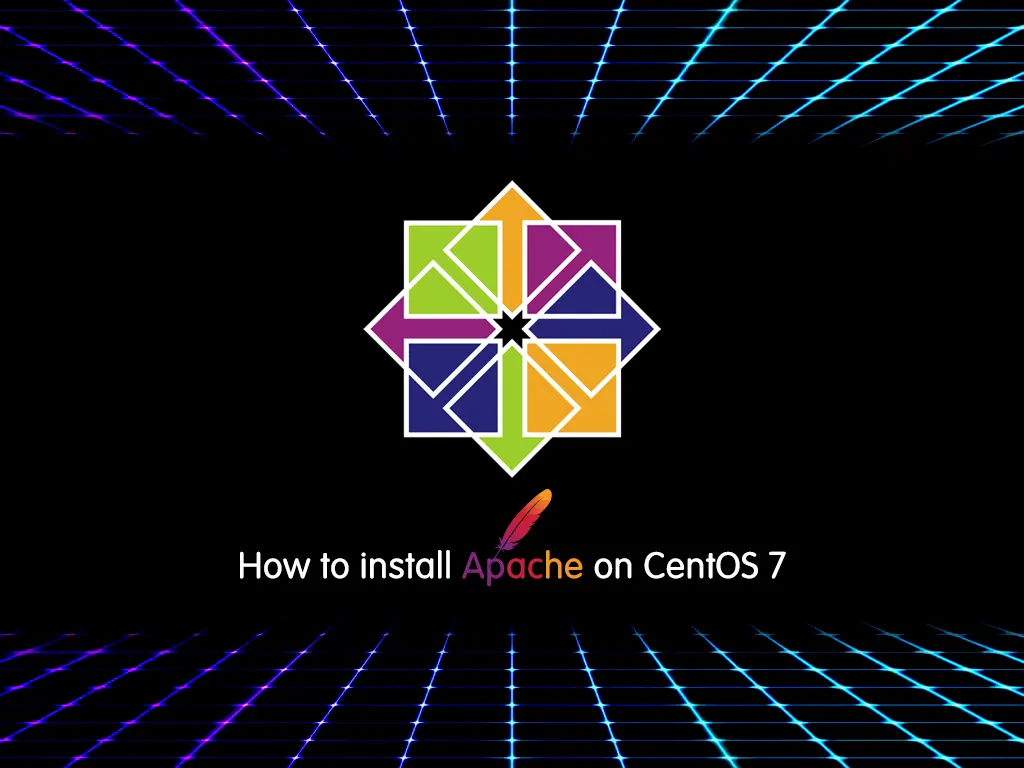Apple is reportedly working on a deal with Google to bring the Chocolate Factory’s Gemini AI to iDevices, suggesting its own efforts to develop a suitable generative AI model have stalled.
Citing unnamed sources with knowledge of the private discussions between Cupertino and Mountain View, Bloomberg’s Mark Gurman reported that the terms haven’t been finalized, nor have implementation details.
Neither Apple nor Google responded to questions for this story.
What the potential AI partnership means for the future of Apple’s own AI efforts is unclear at this stage but it doesn’t look good.
In August it emerged that Apple had invested billions in developing its own generative AI. Apple had even reportedly developed its own ChatGPT-like LLM framework, dubbed “Ajax”, and recent reports point toward Apple working on generative AI that would run on the iPhone, not from the cloud.
Given this latest development with Google, it would seem Apple’s on-device AI efforts and LLM development aren’t up to snuff, which Gurman said his anonymous sources confirmed. According to that report, Apple’s own generative AI “remains inferior” to Bard-successor Gemini and products from other AI developers.
Whether Gemini could run on Apple hardware is also questionable. As we reported earlier this month, Nano, the smallest Gemini-series AI that’s designed to run onboard mobile devices, isn’t able to run on the standard Google Pixel 8 smartphone, but it does run on the Pixel 8 Pro.
While both Pixel 8 devices use the same Google Tensor G3 processors, the crucial difference between the two is the amount of RAM: The standard Pixel 8 has just 8GB, while the Pro comes with 12GB.
The iPhone 15 series, meanwhile, has even less RAM, with the base model only containing 6GB, and the Pro just 8GB – the same as the base model Pixel 8 that doesn’t support Gemini Nano. It’s not clear what the memory capacity of this year’s expected iPhone 16 will be, though rumors point to both the Pro and standard editions containing the same 8GB.
Whether another high-profile partnership between Apple and Google would raise the hackles of regulators is also a potential complication from the deal. As documents in the US Department of Justice’s antitrust trial targeting Google were released last year, it emerged that Google pays Apple at least $18 billion a year to maintain its position as the default search engine on iDevices.
Google and Apple’s search deal could be in danger if Google fails to convince the DoJ that it’s not an online search monopolist, and another bid to extend the reach of its data-chugging software might not go over well with officials if Apple and Google ink this deal. ®


